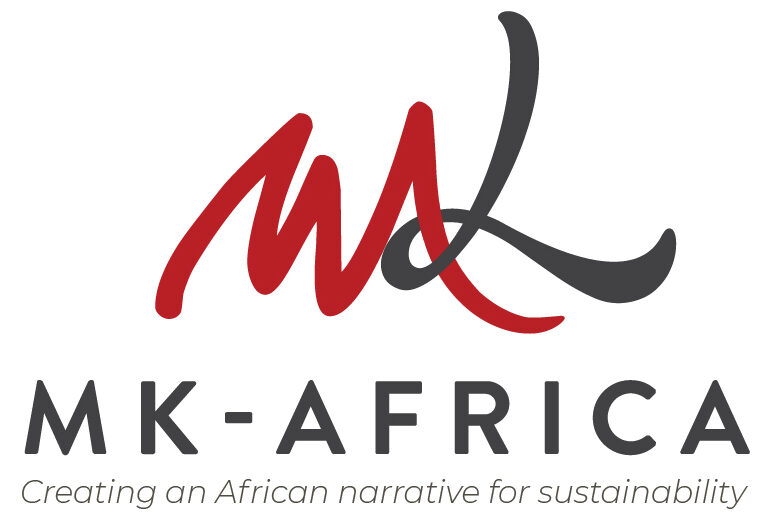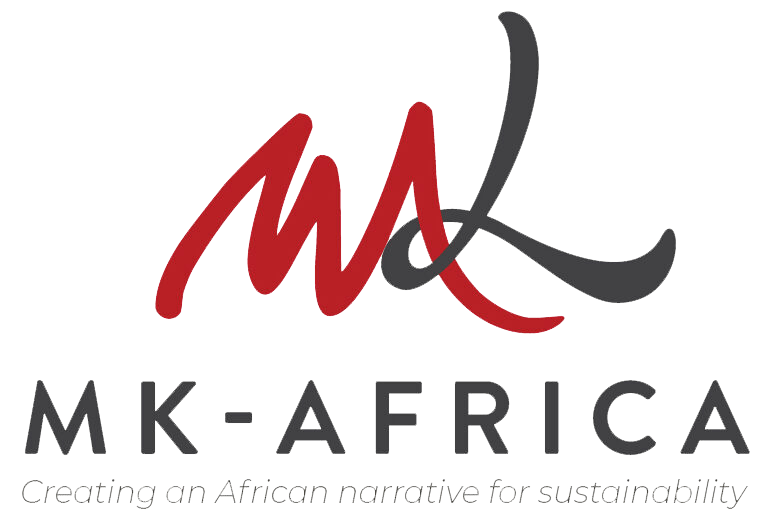I have just finished reading ‘The Goldfinch’. This beautiful piece of literature is a moving tale about a boy who loses his mother in a museum explosion when he is just 13. Being a minor, he is obliged to go live with his father – a recovering alcoholic. His father dies in a car crash, stoned and driving in the wrong lane, only 2 years later. Much as the boy cannot stand his father, he eventually grows up to be just like him – a duplicitous drug addict. This may be a work of fiction however the chilling reality is that our children will turn out to be just like us. We may take them to expensive schools and give them the latest and best that money can buy however, their characters are shaped by what they see us do – even when we think they are not looking.
And we think they do not know what we really do at work.
In the recent past, potential corporate governance malpractices may have contributed to significant losses (approx. Kshs.263bn) to the investing public. According to a recent report, the total number of companies that have incurred investor losses relating to corporate governance now comes to 8 – CMC, Imperial Bank, Uchumi, Mumias, Kenya Airways, TransCentury, Chase Bank, and NBK.
Against this background, I cannot help but reflect on the legacy we are leaving for our children and the generations to come. After all, we are the ones who run these companies. The governance of the companies we run and work for is a reflection of who we are. Do we trust that what these companies represent through their brands is genuine? Even more importantly, can we trust our children with the brands we work for? Trust is the invisible but crucial glue that holds communities together and social contracts in place. It is a precious commodity. Every time a company poisons our atmosphere violates the rights of children or of its workers or is involved in corrupt practices; they are doing something else that is just as destructive: poisoning the well of public opinion.
A growing number of companies in Africa now view sustainability as a key element in business strategy. Diverse companies such as General Electric, P&G, Safaricom, and Unilever are strengthening their brands by making their consumers increasingly aware of a company’s impacts on the environment and society. These companies have concluded that expanded commitments to sustainability and transparency directly aid their business strategy and reputation in a progressively digital era.
Negotiating this newfound path is fundamentally about trust.
A survey conducted by Hill+Knowlton Strategies revealed that one of the more significant drivers of public confidence in a company is its commitment to sustainability, and its efforts to communicate about and deliver on that commitment. Among the key findings were that a company can gain public trust through an honest and transparent reporting of its efforts to be more sustainable and greater visibility of its corporate sustainability efforts. Set against this backdrop, suspect business practices by brands take on new meaning. Not only do they chip away at the public’s trust in businesses to act in good faith (and in accordance with the law), they also play into a wider skeptical narrative – that is that the private sector is using green-wash to keep the profits rolling in.
Last year, the United States’ Environmental Protection Agency (EPA) issued a notice of violation of the Clean Air Act to Volkswagen Group, after it was found that the automaker had intentionally programmed turbocharged direct injection (TDI) diesel engines to activate certain emissions controls only during laboratory emissions testing. Following this revelation, Volkswagen became the target of regulatory investigations in multiple countries, and its stock price plunged in value by a third in the days immediately after the news. Volkswagen Group CEO resigned and the company announced plans to spend billions of dollars on rectifying the emissions issues. Similarly, the current Olympics in Rio has a foul undercurrent with a huge furor around doping by some athletes with Russia and Kenya being right at the heart of it. What is sad about the scandal is that some of the doping is actually state-sponsored.
For businesses operating transparently, the test is not what the company or its leaders say, but what they actually do. The Capital Markets Authority recently enacted a new Corporate Governance Code. The Code advocates that companies adopt standards that go beyond the minimum prescribed by law, and sets out specific recommendations on the structures and processes companies should adopt in order to make good corporate governance an integral part of their business.
At a time when global political leadership appears to be at an all-time low, it is the private sector that will innovate and invest most effectively in the new technologies and systems needed for a sustainable economy. Chief executives must take a holistic approach, as sustainability is critical to the business; it’s not a niche anymore. Corporations that integrate sustainability into the very core of their value proposition gain a greater license to operate. They may even become businesses that our children can trust.


